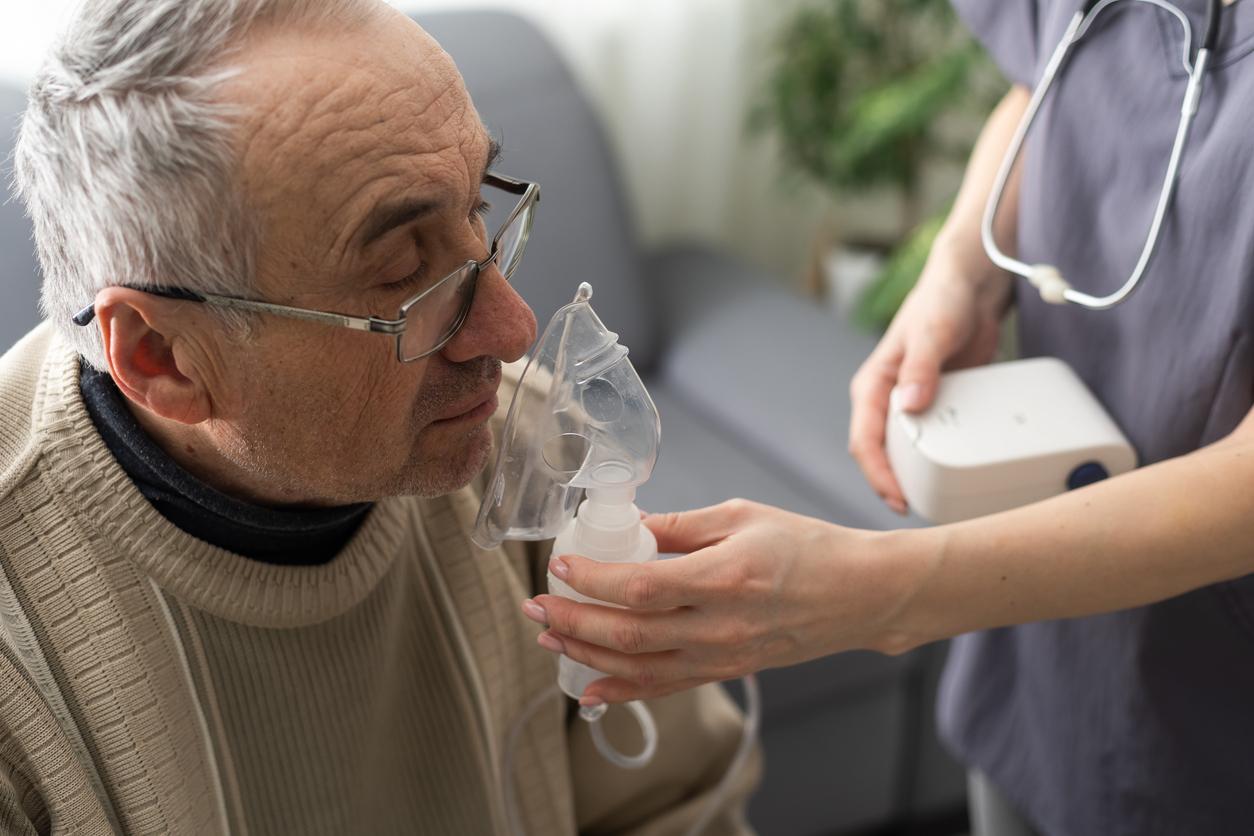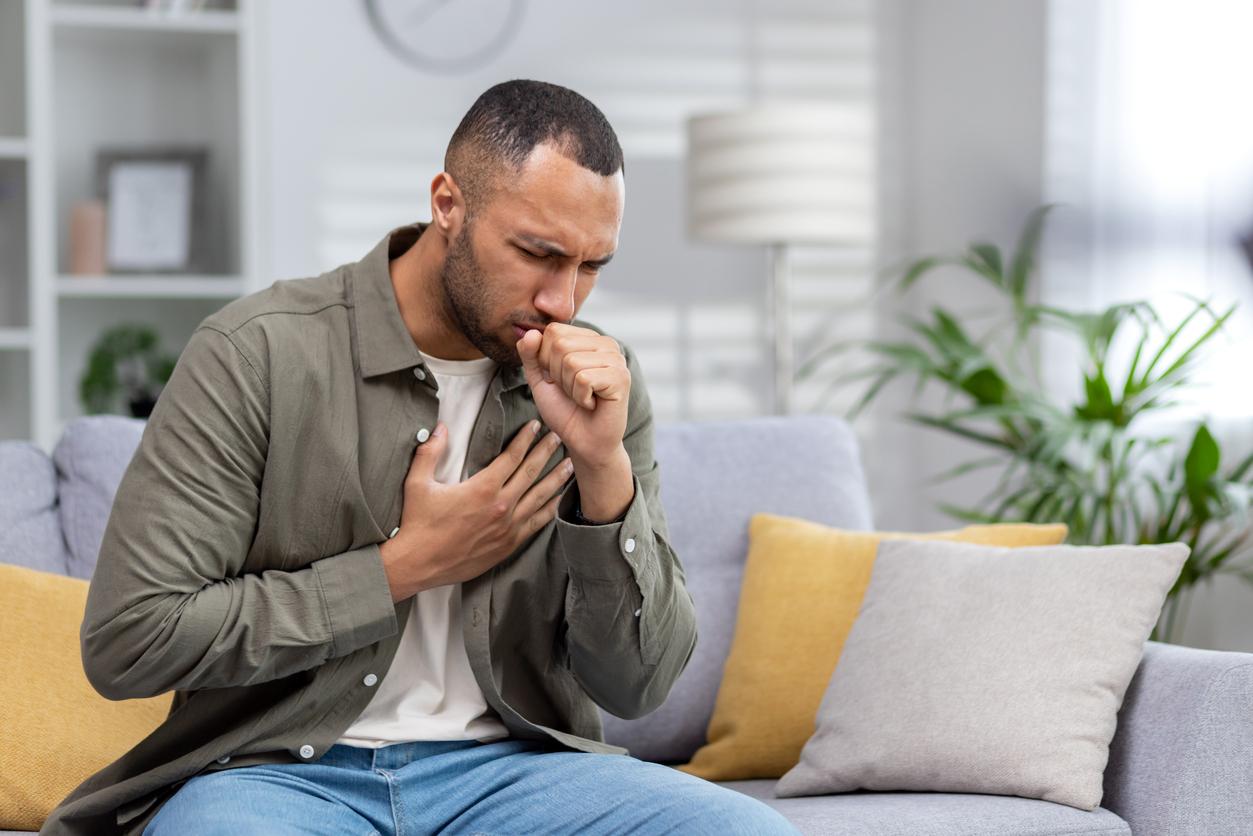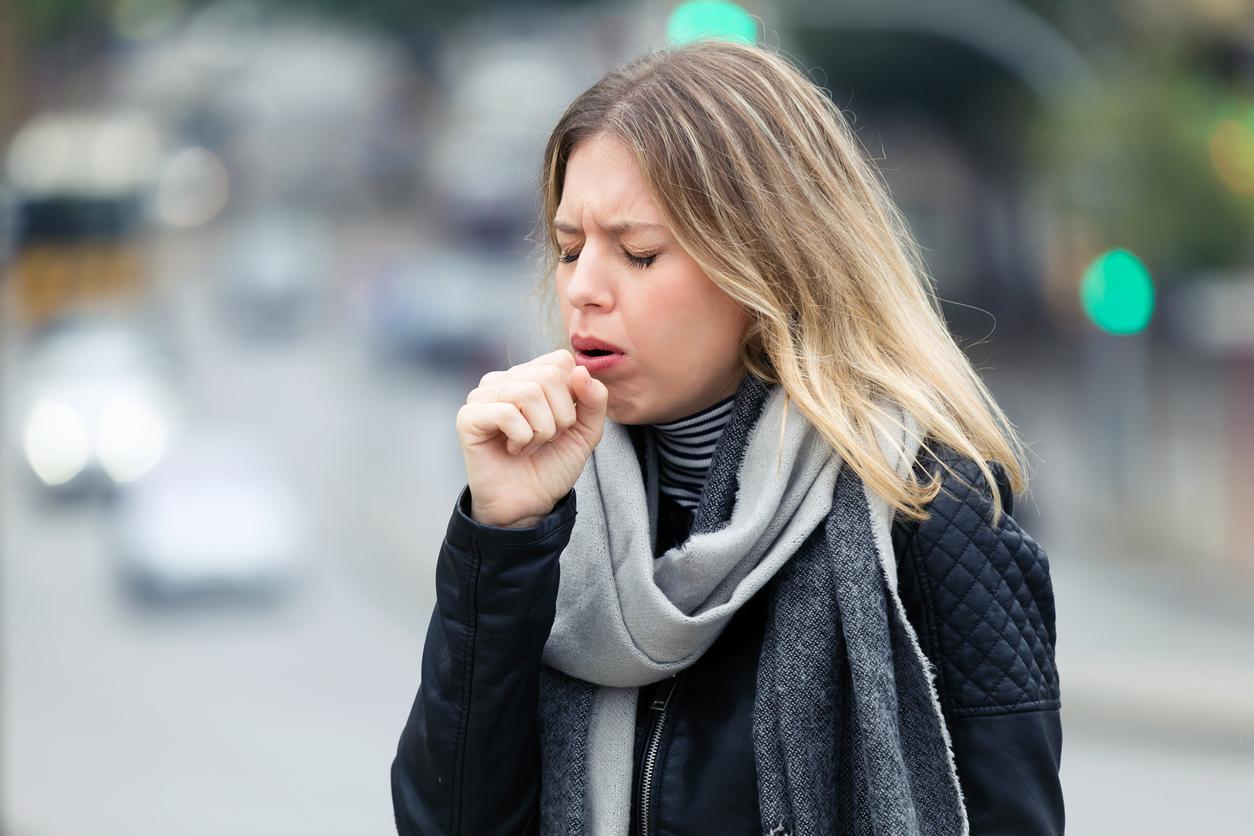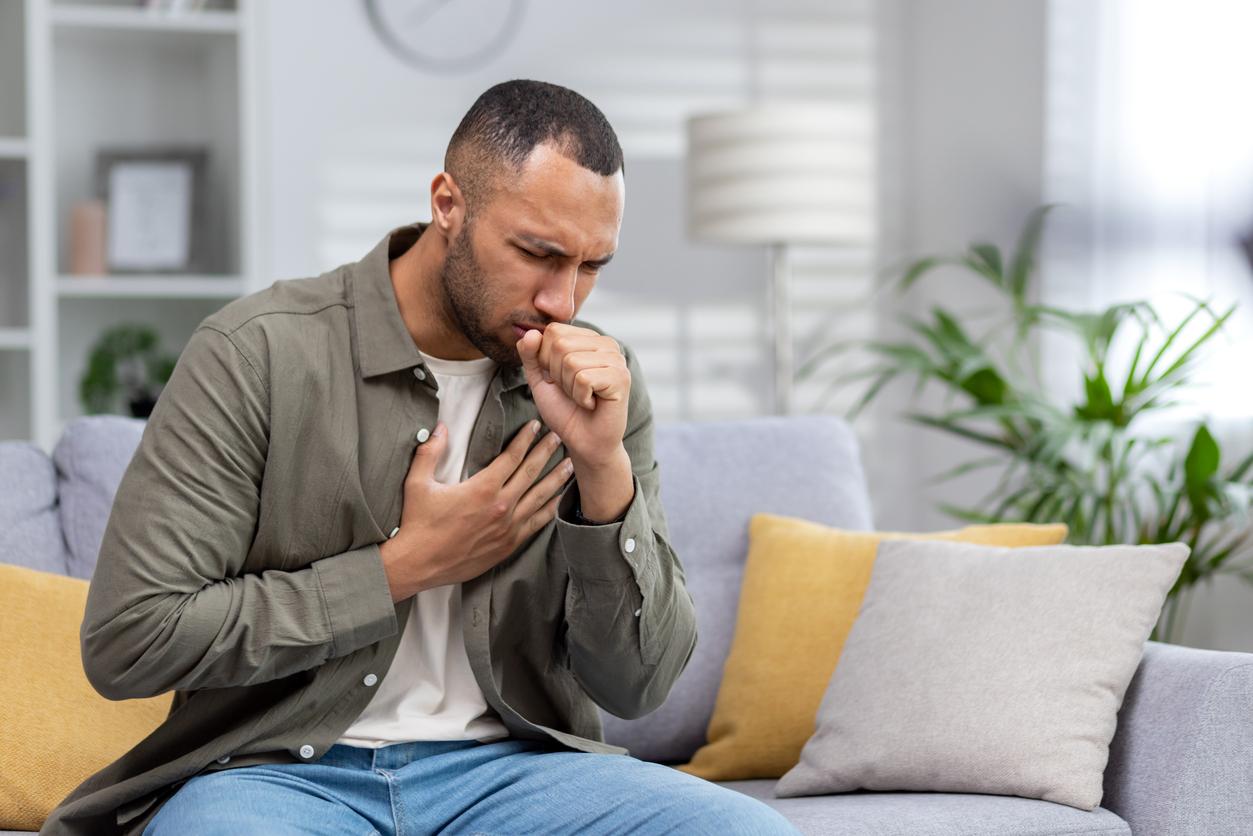
To the GP for COPD
Not annoying, but important
It is best to consult a doctor if you have COPD complaints. This is important because the GP can relieve the annoying complaints. The physical examination carried out by the GP is not unpleasant. Below you can read exactly what to expect.
If you suspect that you may have COPD, it is best to make an appointment with your doctor. The sooner you get there, the better. You could have COPD if you have the following symptoms:
- cough (smoker’s cough)
- shortness of breath
- wheezing
- fatigue (with exertion)
- lung infections, pneumonia
- coughing up mucus
The chance that these complaints indicate COPD is greater if you are over 40 and smoke or have smoked. COPD reduces the quality and length of your life, so it is important to get treatment as soon as possible.
Spirometry
The big question is what exactly will the GP do. To begin with, it is good to report that the examination for COPD is not annoying or painful. Your doctor will first listen to your lungs with a stethoscope and inspect your nose, mouth, and pharynx.
But to really diagnose COPD and to determine the extent to which you suffer from it, a lung function measurement, also called spirometry, is needed. This sounds complicated, but it is very easy.
First you get a clamp on your nose. Then sit up straight and close your teeth and lips around the mouthpiece of the device. You can then continue to breathe through this device. Then the doctor asks you to first inhale as deeply as possible and then exhale for as long as possible. You may also be asked to blow out as hard as possible.
Degree of COPD
This test measures exactly how much air you blow out. If it turns out that this amount is less than normal, then it is clear that your lungs are not working well enough.
In addition, an exercise test can also be done. Then the effect on your breathing of, for example, walking or cycling is measured. X-rays may also be needed. With all the results, the doctor can determine to what extent you have COPD.
For example, if the amount of air you exhaled is more than 80 percent of the predicted value, you have only mild COPD. Between 50 and 80 percent have moderate COPD, under 50 percent severe or even very severe COPD. This format is called the GOLD format.
In severe and very severe COPD you will sometimes be referred to a pulmonologist. Mild and moderate COPD are almost always treated by the general practitioner. The doctor’s treatment is aimed at reducing your symptoms, improving your condition, preventing disability and incapacity for work and generally improving the quality of life.
Improving quality of life
What a general practitioner can do in concrete terms with the therapy is the next. If you smoke, he or she will try to help you quit. Quit smoking can lead to an improvement in lung function, even in the short term. This is the only thing the GP can do to improve life expectancy.
Quality of life can improve your doctor in other ways. You can reduce COPD complaints with bronchodilators, which can reduce the feeling of tightness within half an hour. Another medicine for your airways are anti-inflammatories. These reduce mucosal inflammation in your airways. Expectorants do not help with COPD.
What is important is the flu shot, which you need every year to prevent serious complications from possible flu. In addition to drug treatment and the strong emphasis on smoking cessation, the GP will also point out the importance of a good, balanced diet and as much physical activity as possible.

















